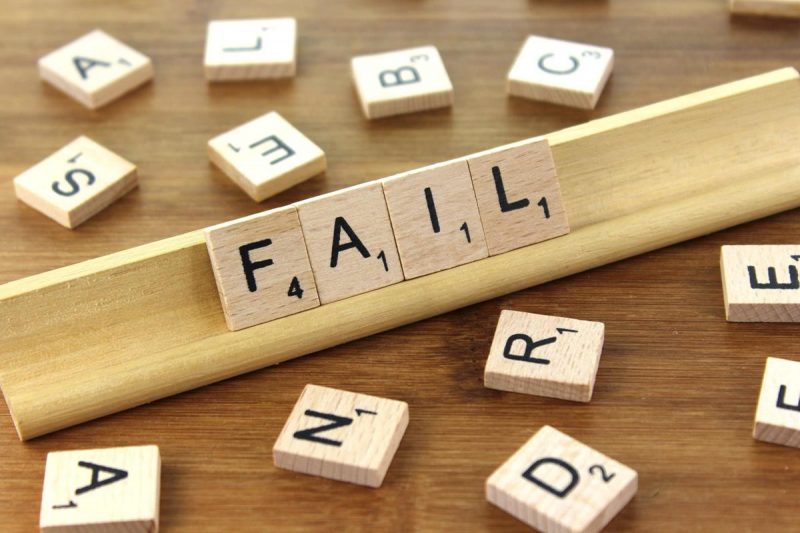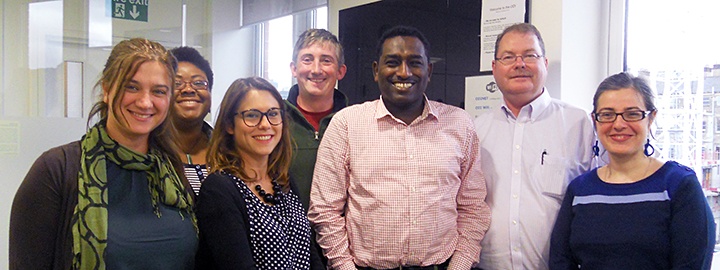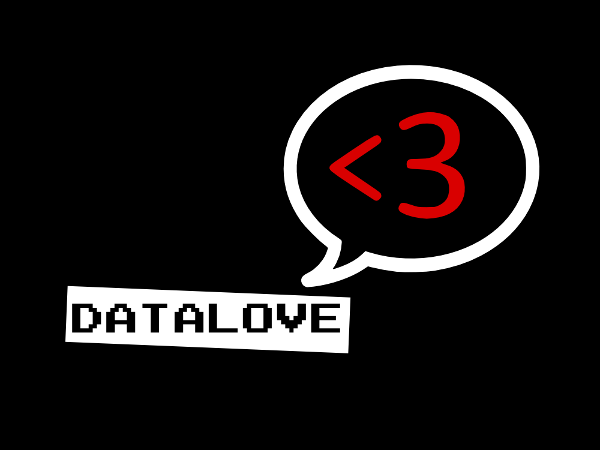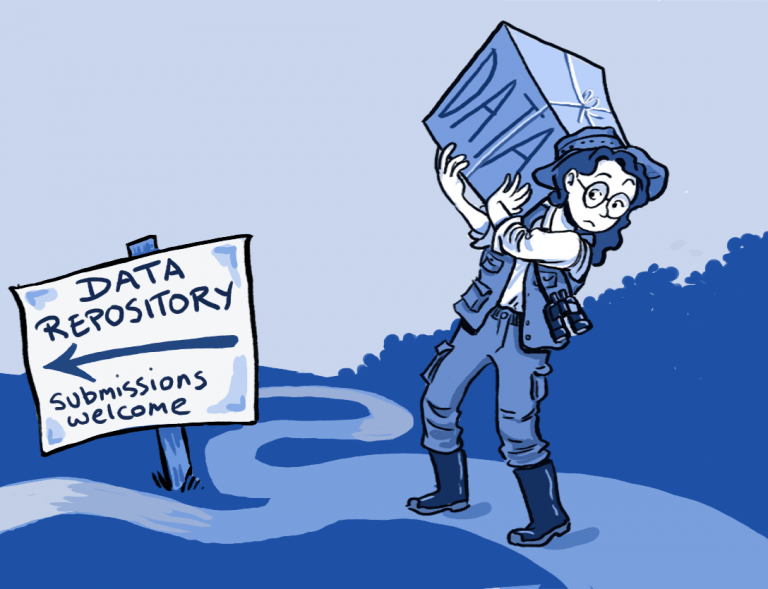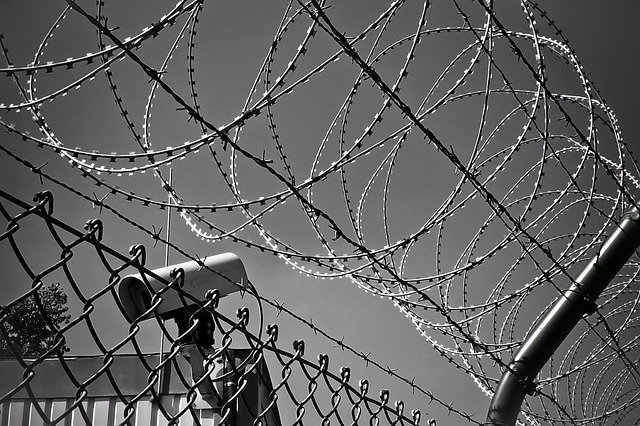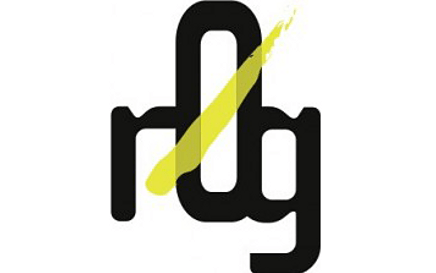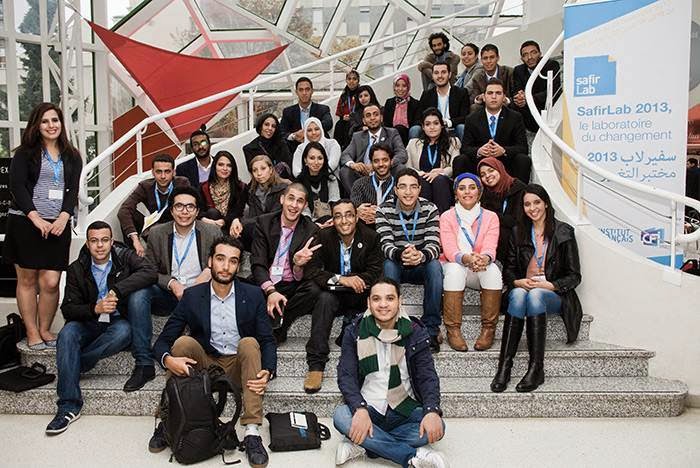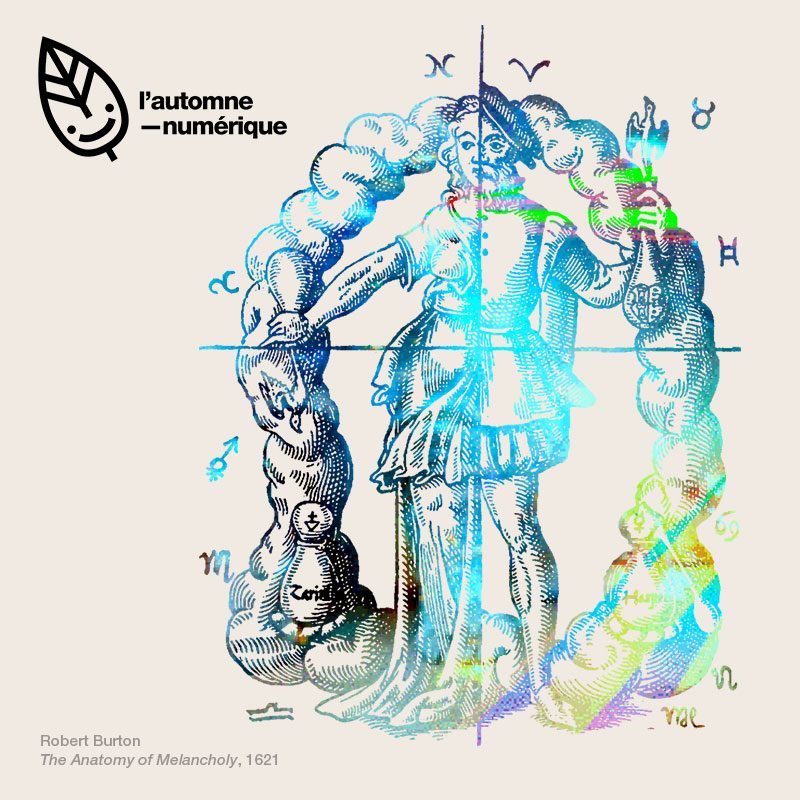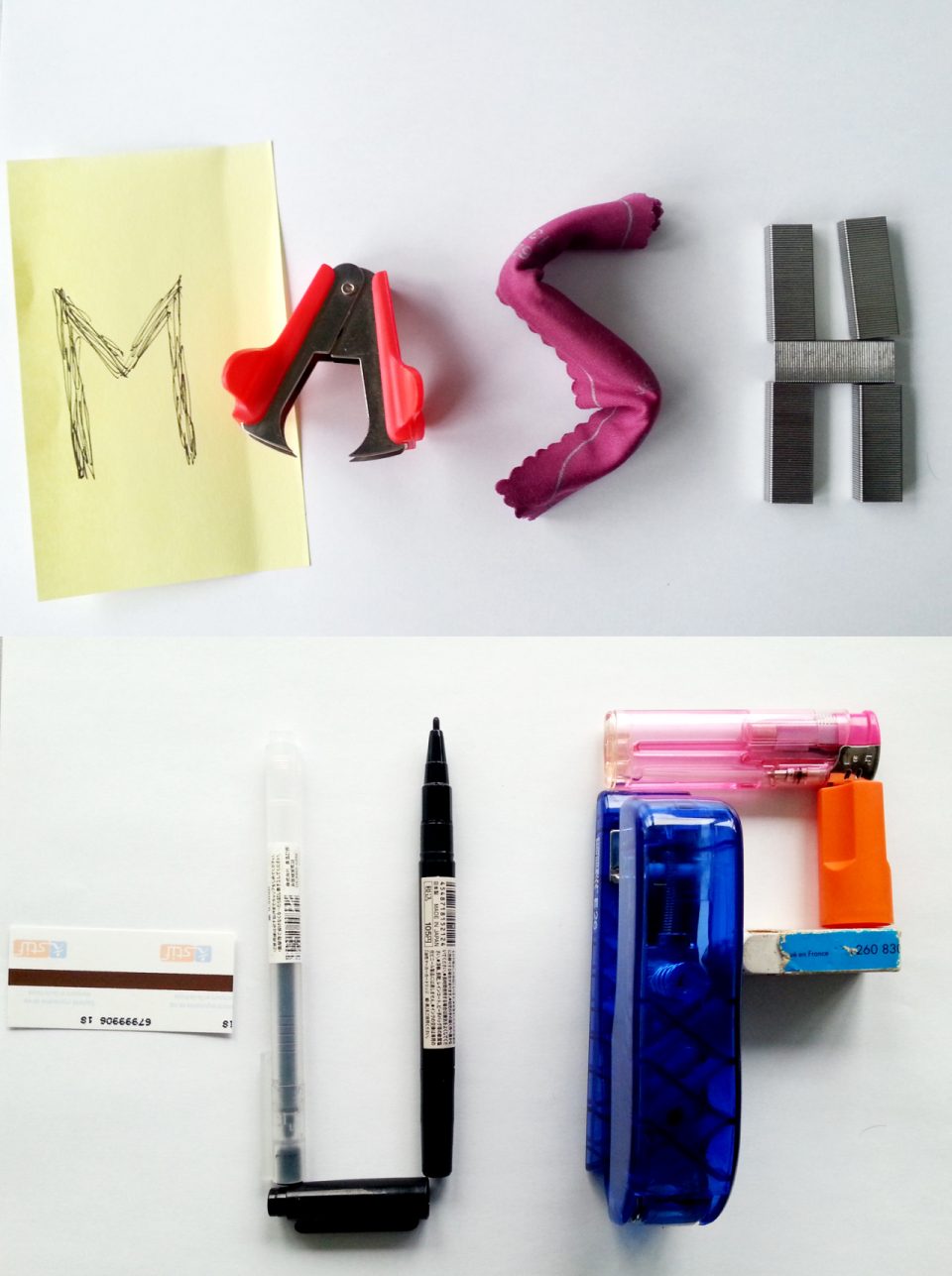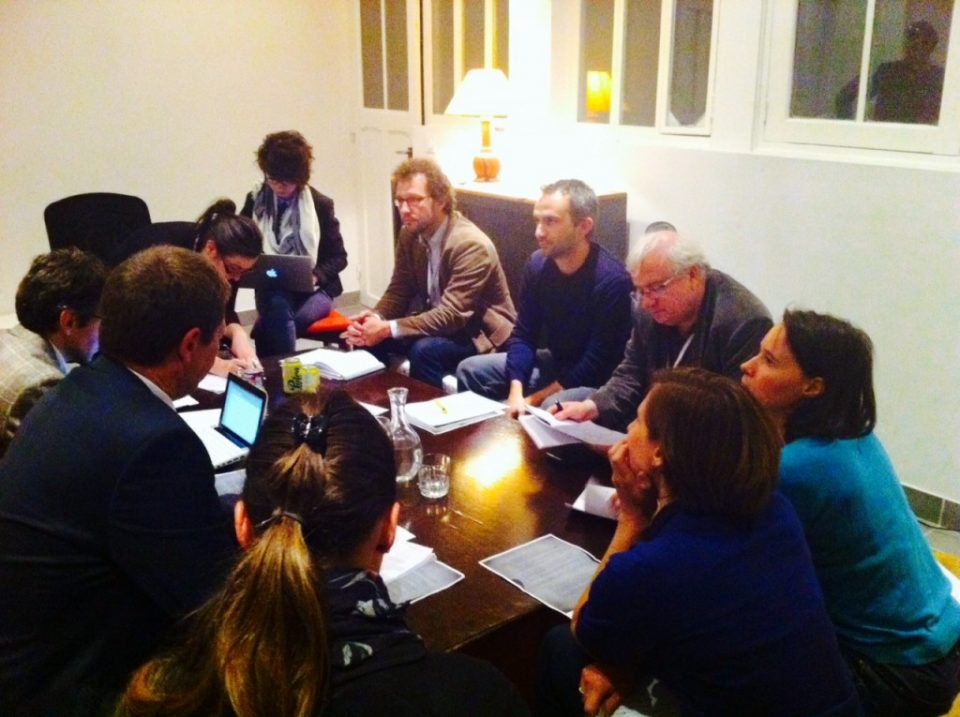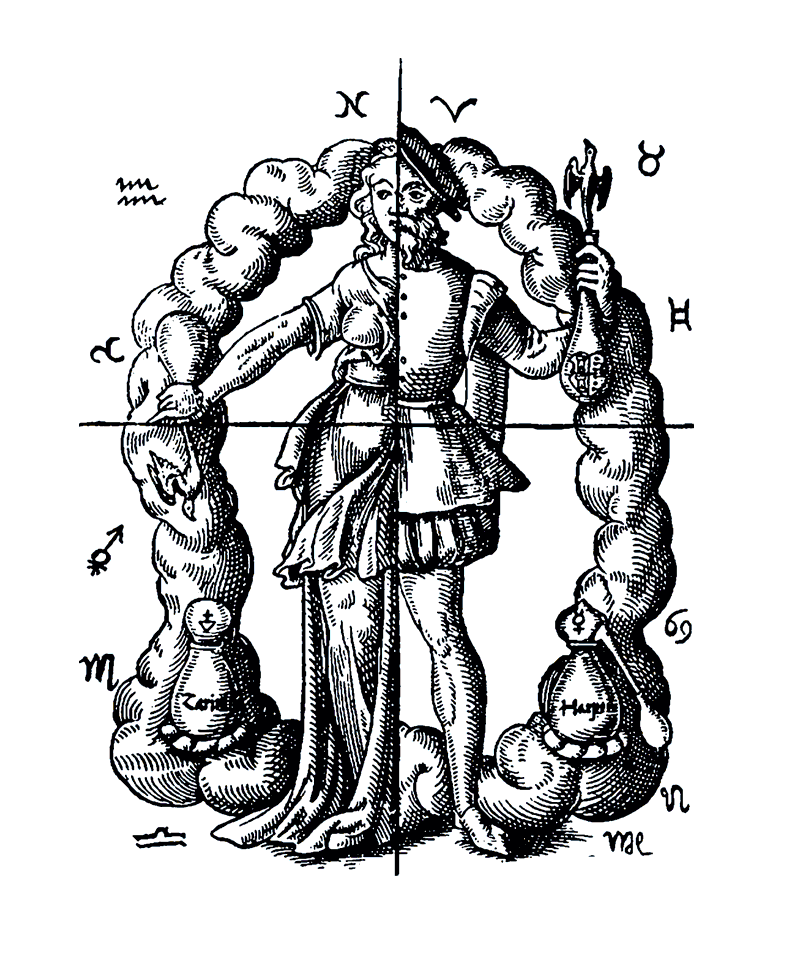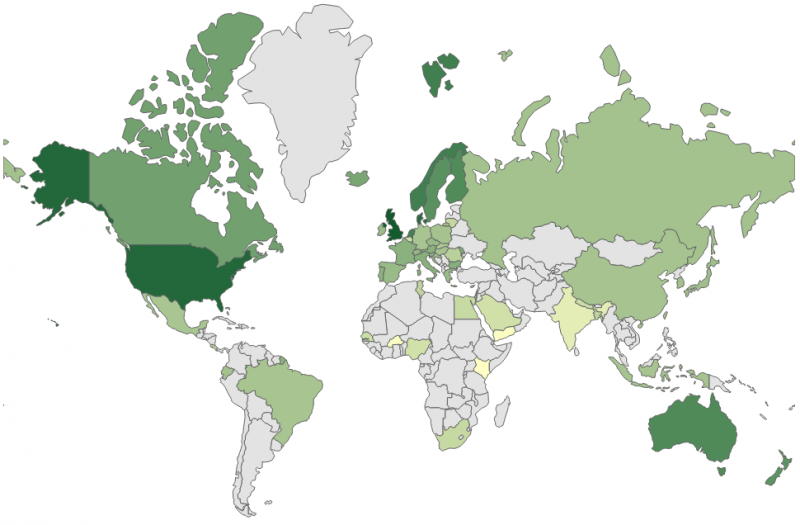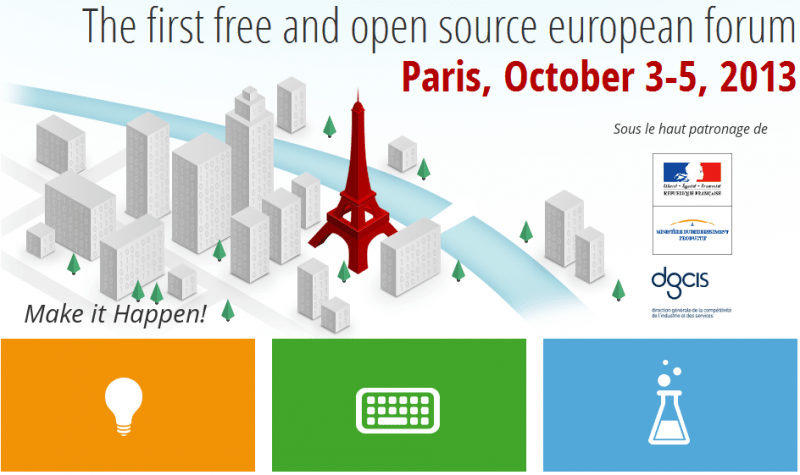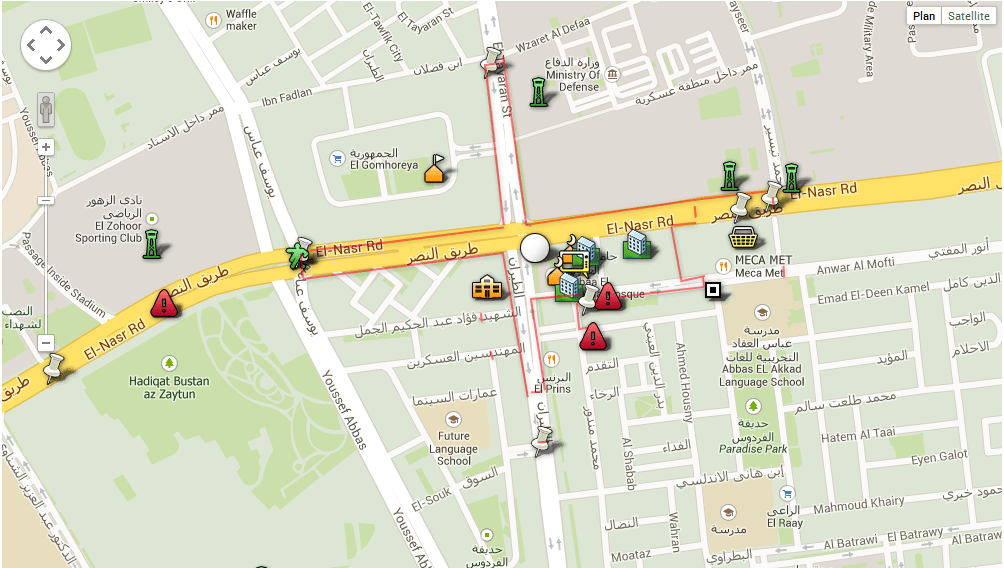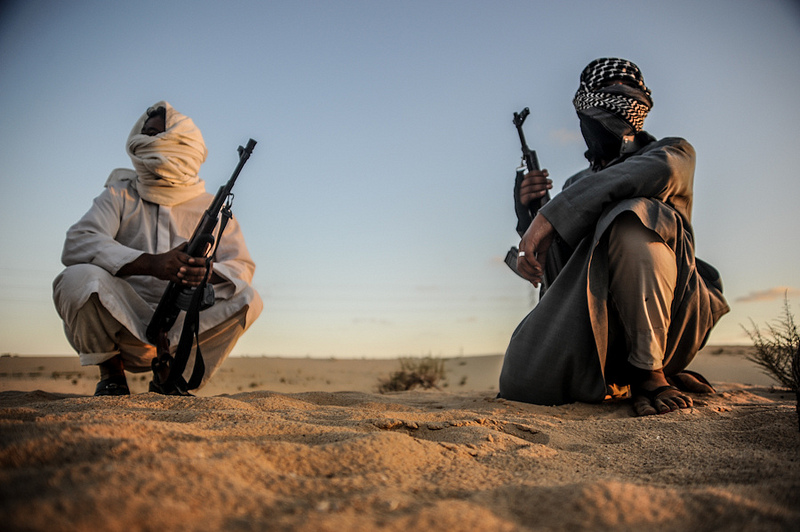This year, Social Media Week celebrated its fifth birthday. Ten cities all over the world were hosts of this truly global conference. The organizers marked this milestone with a unifying global theme that explored openness in a connected and collaborative world.
Future Challenges first got in contact with Social Media Week last year. The Future Challenges team gave a crowdsourced presentation titled “Big World – Big Challenges: can a big network help?”. Twenty bloggers from our worldwide blogger network contributed to this presentation. That’s just one of the reasons why we at Future Challenges are familiar with the benefits of openness and collaboration – especially across borders.

Our globalized world forces us to rethink accustomed practices. The organizers of the Social Media Week assert:
Emerging technologies have dramatically changed the way we communicate and engage (with) the world around us. One voice can now ripple to millions, and we can now share our passions openly and across cultural and geographic boundaries. Change is happening everywhere (…). Groups are self organizing to take positive action. Transparency, accountability, information sharing, and collaboration are accelerating progress to levels never seen before.
FutureChallenges.org joined Social Media Week in two European cities: Hamburg (Germany) and Paris (France). Mario Sorgalla reports from Hamburg and Rayna Stamboliyska participated in Paris.
Hamburg
One week and 170 events. You don’t need to be a professional statistician to seee that one person couldn’t possibly attend all the sessions that the organizers of Social Media Week (SMW) Hamburg got going. But this abundance of interesting sessions was a great opportunity for cherry-picking. Which new trends, tools and perspectives did Social Media Week Hamburg offer its participants regarding “Principles for a Collaborative World”?
My personal Social Media Week started with a presentation about corporate blogs. Many, or actually most of, the big corporations are still hesitating to start their own blog. A loss of control is probably the main reason for such reluctance. The classical mindset in Public Relations and Communication departments is that the information flow has to be controlled and directed. Such a mindset necessarily clashes with the attitude that prevails in the blogosphere and on social media channels. However, there are some good examples of big corporations that run their own blogs, like the Daimler blog. Setting up blogs could be of particular interest for transnational corporations. Don’t you think it would be exciting to get to know the faces in different countries behind an anonymous corporation?
Let’s jump to the second day in Hamburg, when the session “A Nerd Toolkit for Journalists” caught my attention. I’m not a journalist and not a nerd (though some people might challenge the latter point) but I’m convinced that data visualizations — the focus of this session — will become ever more important for our globalized world of big data. We learned about some useful visualization tools and got to know the technical basics of visualizations. Did you know that the Guardian provides all the data they use for their visualizations via Google spreadsheets? And why shouldn’t they? They don’t own the data and everybody in any corner of the world can take these data and create something new. This is how globalized data journalism looks like. If you’re interested in the technical basis of data visualizations and you understand German, you should take a look at this summary. You will find some useful notes from the session.
…It’s already Wednesday! My highlight of the day was “Wikipedia in Museums”, an inspiring project that I’ve also discussed on my blog. There is hardly any better example for our global, open and connected information society than Wikipedia. The German Museum für Hamburgische Geschichte (Museum for the History of Hamburg) has collaborated with members of the Wikipedia community in Hamburg in order to publish information and photos about many of the museum’s exhibits on Wikipedia, an endeavour resulting in a rich collection of information for all museum geeks out there. The museum’s visitors can access this information via QR codes that are placed next to the museum signage. I’m sure there will be many more projects like this in other parts of the world.
Paris
For its third edition, SMW in Paris hosted “only” 62 events. But what a tough choice it was, selecting which one to visit, especially when I was also speaking at a few of them. As a number of the organizers are also involved in what I’ll call the collaborative economy, many sessions were converging to the focal point of identifying economic models able to sustain open knowledge in the broadest sense. Here are my top 3 SMW events from the last week!
The first day kicked off with a whole afternoon at Paris’s City Hall. This building is an absolute jewel in terms of external architecture and the interior totally follows, which makes the venue even more striking as we discuss the ‘digital Parisian’ against a backdrop of 19th century marble chimneys. The goal was to build a bond between the Parisians and their (well, our) city. One of the ways to do so was with the introduction of an app, “Dans ma rue” (translated: “In my street”), inspired by the British ‘Fix my street’. The app aims to provide Parisians with a handy tool to report the status of city works in the neighbourhood. Using the app, anyone can take a photo and geolocate the situation.
The event itself also allowed us to work in groups of 3-5 during an hour around a few other topics. In one group session, we worked on the idea of ‘Paris Answers’, a crowd-sourced Yahoo! Answers-inspired platform which will collect information on various topics related to services proposed by the city. A very interesting debate emerged around the possibility and the rationale behind crowd-funding of public services, an idea that clearly divided the participants. On one hand, some were putting forward the fact that a citizen already pays taxes, so s/he should not be asked an additional effort. From the other hand, why reject such a much more targeted contribution to the city and the neighbourhood? So many answers yet to find…
A session dear to my heart came on Tuesday: “Open & Connected: Research Joins, Too!”. In this session, we addressed vital questions about the economic models that underlie open libraries, open data produced by public institutions, and open labs. I talked a bit about open data and how it can change a person’s everyday life; one can stop being an observer and begin acting upon one’s environment. More specifically, the discussion emphasised the screaming need for opening the data produced by research groups, especially by those that receive public funds. If you read French, I greatly recommend you to allocate a neuron or two to the summary (and in any case, to watch the amazing video, no French speaking required).
Last but not least, I’d like to end this retrospective with a very short mention of the Open Hardware session. We had Open Source Software decades ago, now the time has come to have all the nerds united and geek out with Open Hardware. Actually, this is partly misleading, as anyone can hack: I leave you to the fabulous ‘Fabrique–Hacktion’ initiative (French & English) which will convince you that everyone can be creative and that wonderful things can be achieved when we work in an open, connected way.


